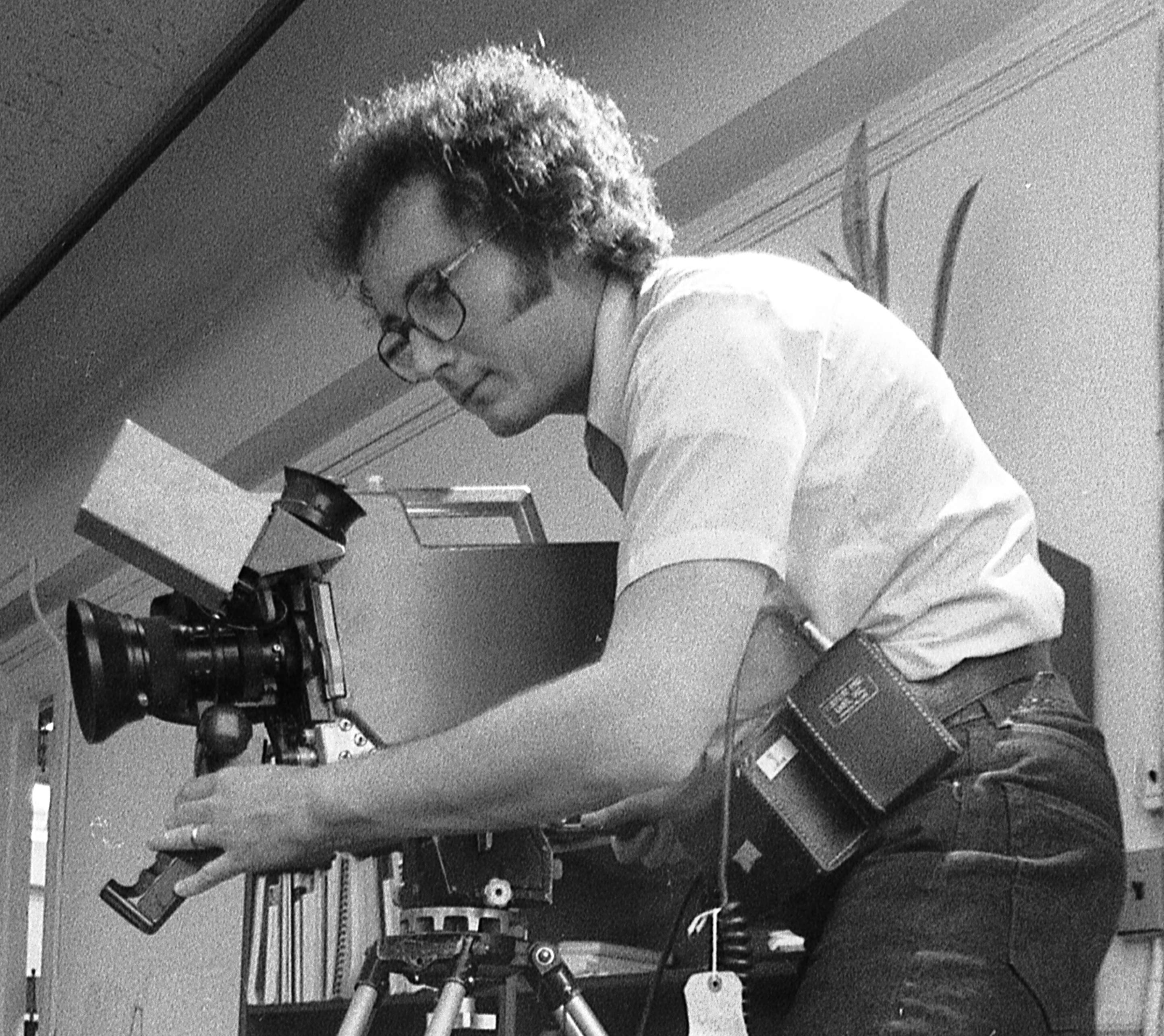FCC's Powell: New rules, old rhetoric
The past two months have not been the easiest of times for FCC Chairman Michael Powell. He has endured withering criticism by members of his own Republican Party while watching Congress begin the process of undoing his primary work as chairman of the FCC.
Though there are persistent rumors that he wants to leave the FCC (he denies them), Powell continues to defend the media ownership changes he pushed through the FCC by a single vote margin on June 2. After the crushing vote in the House of Representatives in late July, Powell wrote an op-ed article that appeared last week in the New York Times.
"As the debate about media ownership has moved to Congress during the last two months, the tone of the rhetoric has grown increasingly shrill," Powell wrote. "One member of Congress said the Federal Communications Commission's June 2 decision to modernize media ownership rules would produce 'an orgy of mergers and acquisitions,' while another said the new rules could create a new generation of Citizen Kanes."
Powell noted the high level of support in Congress for restoring the 35 percent ownership cap, but questioned whether that action alone would address the problem Congress is trying to solve.
While some suggest the problem is lack of diversity among the media, Powell claimed that the U.S. media marketplace is the most diverse in the world. "Some say the problem is media concentration, and point out that only five companies control 80 percent of what we see and hear. In reality, those five companies own only 25 percent of more than 300 broadcast, satellite and cable channels, but because of their popularity, 80 percent of the viewing audience chooses to watch them. Popularity is not synonymous with monopoly," he contended.
Powell said that he fears that much of the pressure to restrict ownership is motivated not by worries of concentration, but by a desire to affect content.
In any case, he said, the national cap does not limit the number of stations one can own; it limits only the number of people one can reach. If a company owns a handful of stations in populous markets like New York or Los Angeles, it will bump into the cap quickly. But if the stations are in smaller markets, it can own many more.
The professional video industry's #1 source for news, trends and product and tech information. Sign up below.
Powell said the current debate has ignored a disturbing trend the new rules will do much to abate: The movement of high-quality content from free over-the-air broadcast television to cable and satellite.
"It is difficult to see exactly how setting a lower cap will improve television," Powell said. "Already, most top sports programming has fled to cable and satellite. Quality primetime viewing, long the strong suit of free television, has begun to erode, as demonstrated by HBO's 109 Emmy nominations this year. Indeed, for the first time ever, cable surpassed free TV in primetime viewing share last year. If they can reach more of the market, broadcasters will be able to better compete with cable and satellite."
For more information visit www.fcc.gov.
